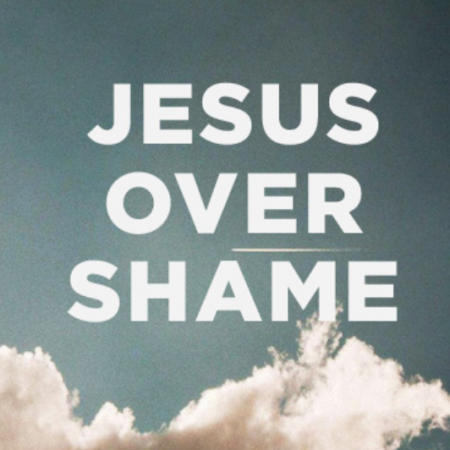Luke 15:12,20 (NKJV)And the younger of them said to his father, ‘Father, give me the portion of goods that falls to me.’ So he divided to them his livelihood…. “And he arose and came to his father. But when he was still a great way off, his father saw him and had compassion, and ran and fell on his neck and kissed him.
Some of us may have come from very traditional families where some of the practices are harsh, while some of us may have strained relationships with our children, siblings or parents because of what they have done. While we may have every right to be angry, offended and bitter because of our suffering—in fact, every party is suffering—we should extend grace instead to those we are bitter and angry towards. Let’s choose to extend grace by reaching out to them and initiate reconciliation.
When we encounter difficult people, our flesh will want to retaliate and get even with them. However, it would be wise for us to extend grace to them and keep the channel of communication open in order to pave the way for restoration, and to maintain the ability to continue speaking into their lives in the future. This is especially true when it comes to tense situations or relationships amongst family members. We need to constantly choose to extend grace, keep the peace and walk in love.
Luke 15:20 revealed to us that the father was constantly looking out for the return of the prodigal son. The son was an adult, so surely there wasn’t a need for that, but there is a reason behind the “looking out” for him and the “running towards” him as he approached the village. According to the book“The Cross And the Prodigal” by Kenneth Bailey, the Jewish cultural practice called “Kezazah” is a ceremony to reject someone by breaking a pot and shouting, “You are rejected from the community for what you have done to your father.” Therefore, the son would have been judged and completely cut off from the community. This explains why the father ran even though it was a shameful thing to do in the Jewish culture to raise his tunic and run. The father ran ahead of the crowd, threw himself on the son and kissed him in full view of the community, showing that he had chosen to forgive him and restore to him everything that belonged to the sonship. This would stop the community from performing the “Kezazah” to shame the son in public. Another view is that the villagers were going to stone the son for his attitude towards the father. Either way, the father took the shame on behalf of his son. Likewise, Jesus was sent to die for us on the cross while we were yet sinners. God chose to shield us and deliver us from the judgement that we deserved.
Sermon Series: Extending Grace
耶稣选择替我们承受罪的羞辱
路加福音15:12,20 小儿子对父亲说,父亲,请你把我应得的家业分给我。他父亲就把产业分给他们…于是起来往他父亲那里去。相离还远,他父亲看见,就动了慈心,跑去抱着他的颈项,连连与他亲嘴。
我们当中的一些人可能来自非常传统的家庭,家里的一些做法非常严厉,而我们有些人可能因为孩子、兄弟姐妹或父母的所作所为而与他们的关系紧张。尽管我们可能完全有资格因为受苦而生气,感到被冒犯和苦毒,但其实每一方都在受苦,我们应该把恩典赐给那些让我们感到生气和苦毒的人。让我们选择去接触那些人并主动和解来施恩典。
当我们遇到不好相处的人,我们的肉体肯定想回击和报复。然而,有智慧的做法是向他们施恩,保持沟通好为和解铺路,以便将来仍然有渠道继续向他们的生命说话。尤其是在家庭成员之间的紧张关系中这尤其有效。我们需要不断地选择延伸恩典,保持和平,在爱中行走。
在路加福音15:20节里,故事向我们揭示了一位父亲一直在等待浪子的归来。这是一个成年的儿子,父亲其实没有必要这么做。在儿子正要进村的时候,父亲一直在远望并朝儿子跑去,这背后其实有一个原因。根据《十字架与浪子》一书的作者(Kenneth Bailey)的著作,犹太文化实践着一种被称为Kezazah的仪式,这种驱逐人仪式通过打破一个罐子并大声喊叫 “这个社会拒绝你因你对父亲所做的一切”。这犹太人的儿子将受到审判,被社会孤立。这就解释了为什么父亲跑在众人面前,尽管在犹太文化中,提起你的束腰外衣奔跑是一件可耻的事情。父亲跑在人群的面前,扑在儿子身上,在所有人面前亲吻了他,他选择原谅这个回头的儿子,把属于儿子的一切都给他。这将阻止众人举行Kezazah仪式而免儿子在公众面前蒙羞。还有另一种说法,认为村民可能因为他对父亲的态度而用石头砸死儿子。无论如何,父亲替他的儿子蒙羞了。同样, 当我们还是罪人的时候,耶稣被差遣为我们死在十字架上。神选择保护我们,拯救我们免于应得的审判。
讲章系列:延伸恩典
